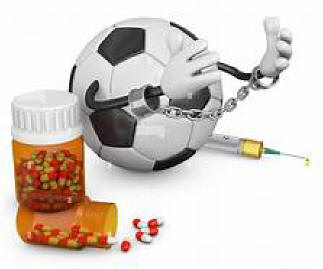Risks Associated with Dietary Supplements
Dietary supplements can be beneficial, but they also come with certain risks that consumers should be aware of:
Inadequate Regulation and Quality Control
- Undeclared Ingredients: Some supplements may contain ingredients not listed on the label, including harmful or banned substances. This lack of transparency can lead to serious health risks, particularly for athletes who may inadvertently consume performance-enhancing drugs.
- Inaccurate Labeling: The contents of some supplements might not match what is listed on the packaging. This can result in either an overdose or insufficient intake of nutrients, both of which can be harmful to your health.
Risk of Unintended Doping in Athletes
- Banned Substances: Some dietary supplements marketed to athletes may contain banned substances such as anabolic steroids, leading to inadvertent doping violations. This not only poses health risks but can also damage athletic careers.
- Lack of Pre-Market Testing: Many supplements reach the market without rigorous safety testing, increasing the risk of consuming unsafe products that could lead to serious health issues.
Risks for Pregnant Women Taking Dietary Supplements
Pregnant women should exercise caution when considering dietary supplements due to potential risks to both their health and their baby's development. Here are some key risks associated with taking dietary supplements during pregnancy:
- Excessive Nutrient Intake: High doses of certain vitamins and minerals, such as vitamin A and iron, can be harmful during pregnancy. For example, excessive vitamin A can lead to birth defects, while too much iron can cause gastrointestinal issues and other complications.
- Toxicity from Herbal Supplements: Some herbal supplements may contain compounds that are not safe during pregnancy. For instance, herbs like licorice and certain teas may have adverse effects on pregnancy outcomes and fetal development.
 .Risks
to Pregnant women
.Risks
to Pregnant women